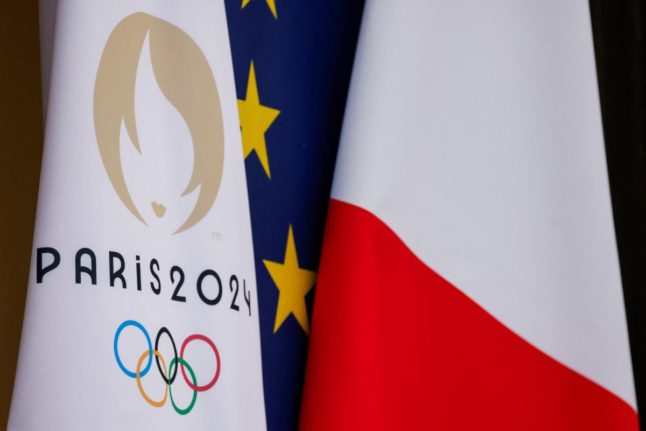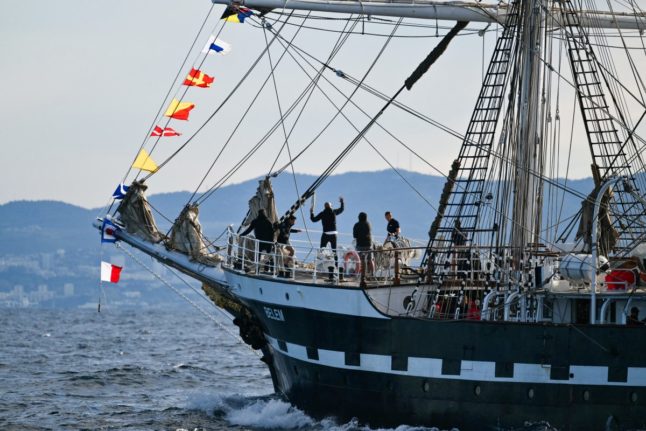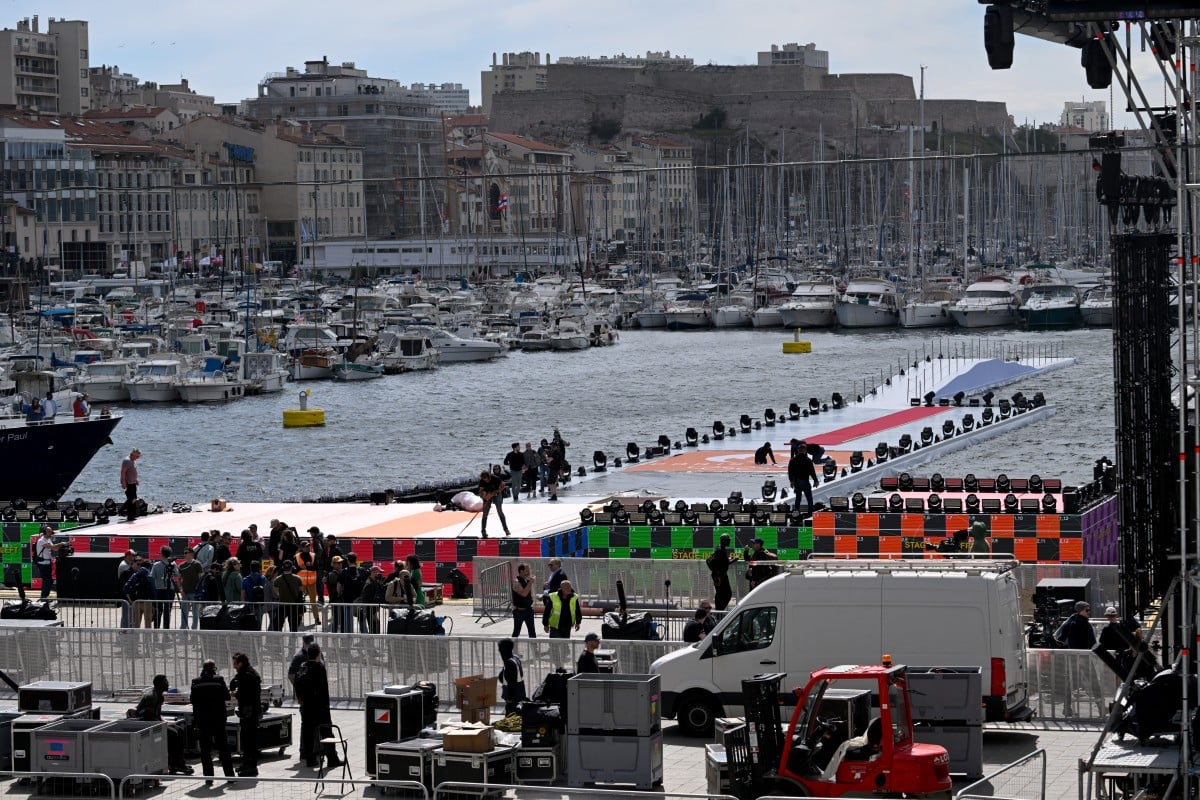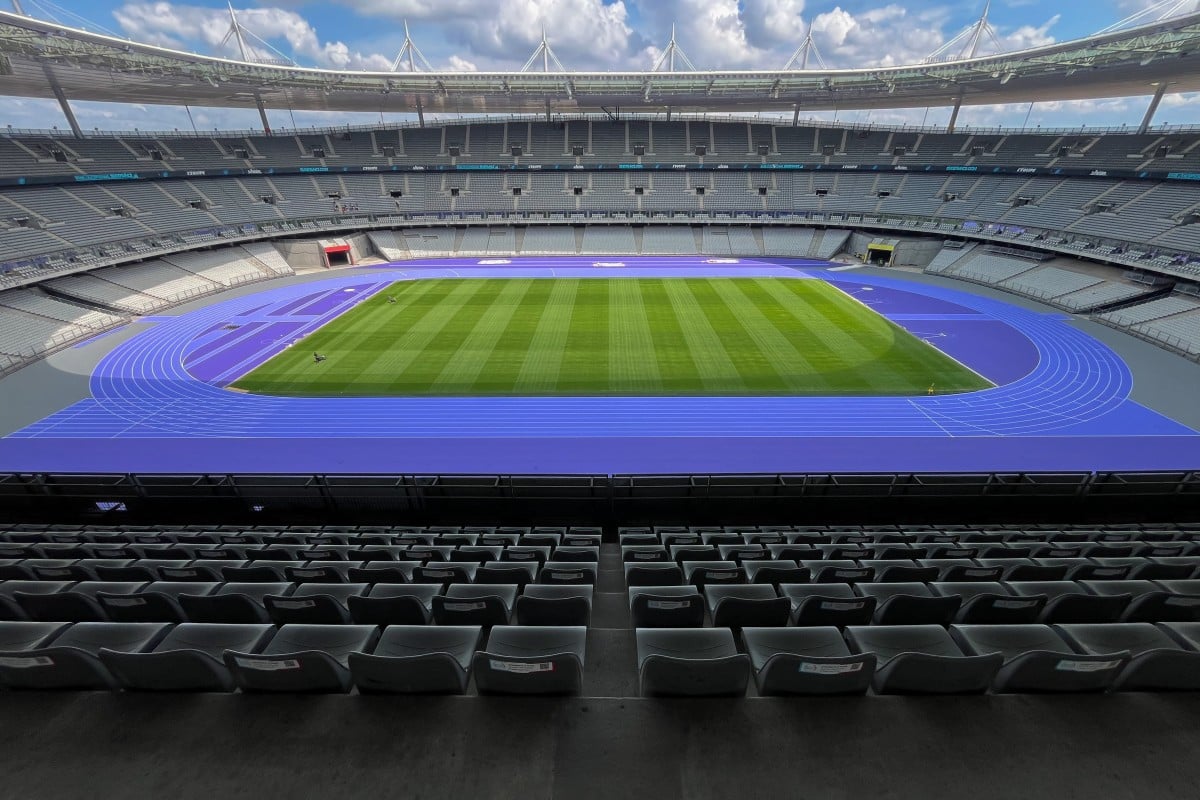“We still don’t know the cost of the Olympics,” Pierre Moscovici, the head of the auditing body, told France Inter radio. “These games will cost between three, four or five billion euros.”
Moscovici had estimated in January last year that the ultimate cost to taxpayers would be “around three billion euros”, which represented an increase from government budget estimates at the time of €2.44 billion.
The bill for every Olympics often expands in the latter stages of preparations as unbudgeted costs appear or extra funds are needed to accelerate unfinished building work.
Under the threat of strikes, the French government is currently negotiating one-off bonuses for public sector staff who will work during the Games, with pay-offs to the police alone set to cost up to €500 million.
ANALYSIS How likely is strike disruption during the Paris Olympics?
The overall cost for the Paris Games, including private and public money, was most recently estimated at around €9 billion, up from a budgeted €6.6 billion when the city was selected in 2017.
Making cost comparisons between Games is difficult because of a lack of transparency with figures and the complexity of comparing investments across countries.
But a 2020 study by academics at the University of Oxford concluded that every summer Games since 1960 had gone over budget, with the average sports-related costs ending up between two and three times (172 percent) the original estimate.
The most notorious over-spends occurred in Montreal in 1976 and Rio de Janiero in 2016, where both cities were left nearly bankrupt and mired in debt, as well as Athens in 2004 which contributed to the country’s debt and financial crisis.
Paris organisers had promised “sober” Games, using existing sports infrastructure for 95 percent of their needs to keep new construction and costs down.
France’s budget deficit leapt to 5.5 percent of gross domestic product last year, according to figures published on Tuesday, piling pressure on President Emmanuel Macron’s centrist government to find cost-cuts and savings.
France’s public sector debt now stands at 110.6 percent of GDP, making the country the third-most indebted country in the eurozone, outperforming only laggards Greece and Italy.





 Please whitelist us to continue reading.
Please whitelist us to continue reading.
Member comments